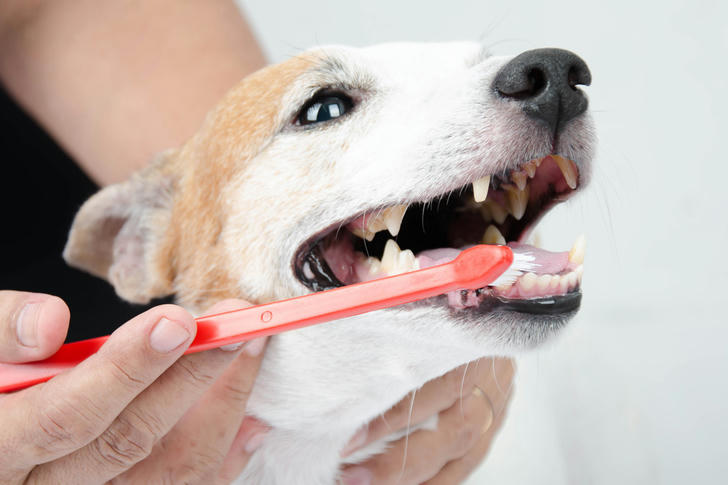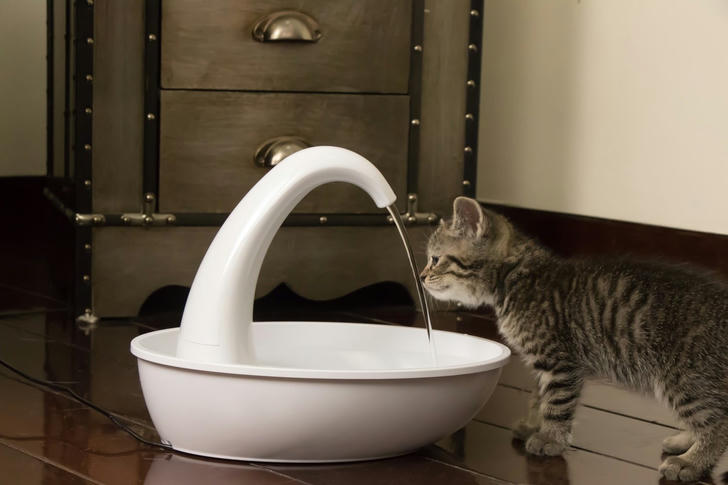Common Diseases in Senior Pets and Their Care Methods
As pets age, they become more susceptible to various health issues. Understanding the common diseases that affect senior pets and how to care for them can significantly improve their quality of life. This article explores the prevalent health conditions in senior pets and provides practical care strategies through real-life case studies, helping pet owners effectively manage these issues.

Common Diseases in Senior Pets
1. Arthritis
Arthritis is a common degenerative joint disease that typically occurs in older dogs and cats. It leads to inflammation, pain, and decreased mobility, affecting the pet's ability to engage in daily activities.
Care Strategies:
Weight Management: Maintaining a healthy weight can significantly reduce the burden on joints. If a pet is overweight, consult a veterinarian to create a weight loss plan.
Exercise: While exercise is essential, it should be low-impact. Short, leisurely walks and swimming are excellent options. For example, consider daily 15-minute walks or playing in a dog-friendly pool.
Pain Management: Consult your veterinarian for appropriate pain relief medications or supplements, such as glucosamine and omega fatty acids, which can help reduce inflammation and improve joint function.
Case Study: Max
Max is a 10-year-old Labrador Retriever who was recently diagnosed with arthritis. His owner, Lisa, became concerned about his decreased activity level and reluctance to play, especially when she noticed he was no longer as agile when jumping off the sofa. After consulting with a veterinarian, they implemented a care plan:
Weight Management: Lisa adjusted Max's diet to a weight loss formula and strictly controlled his food portions. After a few weeks, Max successfully lost about 2 kg.
Gentle Exercise: They started short walks and incorporated swimming into his routine. Max enjoyed playing in the pool, which provided low-impact exercise.
Pain Relief: The veterinarian prescribed joint supplements and pain medication to help manage his discomfort. Lisa also purchased a soft padded dog bed for Max to provide a more comfortable resting environment.
After several months of care, Max's mobility improved, and his quality of life significantly enhanced. He became lively again, even participating in family outdoor activities and playing with the kids.
2. Dental Disease
Dental disease is common in senior pets and can lead to pain, infection, and even systemic health problems. Maintaining good oral hygiene is crucial to prevent complications.
Care Strategies:
Regular Dental Check-ups: Schedule annual veterinary cleanings to remove tartar and plaque. Regular check-ups can help detect dental issues early.
At-Home Dental Care: Brush your pet's teeth regularly using pet-specific toothpaste. Dental treats and toys can also help reduce plaque and tartar buildup.

Signs of Dental Problems: Watch for signs like bad breath, difficulty eating, or excessive drooling, which may indicate dental issues needing veterinary attention.
Case Study: Bella
Bella is a 12-year-old cat who recently showed signs of dental disease, including bad breath and difficulty eating. Her owner, John, was concerned about her condition. John took the following actions:
Dental Check-up: John took Bella to the veterinarian for a dental cleaning, where it was discovered that several teeth needed to be extracted due to severe infection.
At-Home Car: After the cleaning, John began brushing Bella's teeth regularly and introduced dental treats to maintain her oral health. He also purchased cat-friendly dental cleaning toys to help keep her teeth clean while playing.
Monitoring: John stayed vigilant, watching for signs of recurring dental issues and regularly checking her oral condition.
After a few weeks of careful attention, Bella's bad breath significantly improved, and she began eating more comfortably. John was delighted to see Bella regaining her energy and interacting with other pets in the household.
3. Kidney Disease
Chronic kidney disease (CKD) is common in older dogs and cats, leading to a gradual decline in kidney function and resulting in various health complications.
Care Strategies:
Dietary Adjustments: Feed specially formulated diets designed for kidney health, typically lower in protein and phosphorus. Brands like Hill's Prescription Diet or Royal Canin offer options specifically for kidney issues.
Hydration: Ensure pets have access to fresh water at all times. Consider incorporating wet food into their diet to help maintain hydration.
Regular Monitoring: Regular veterinary check-ups are essential for monitoring kidney function. Blood tests can help assess kidney performance and guide dietary adjustments.

4. Diabetes
Diabetes is a common endocrine disease, especially prevalent in overweight animals. It occurs due to insufficient insulin production or insulin resistance.
####Care Strategies:
Weight Management: Help pets achieve and maintain a healthy weight to reduce the risk of diabetes. Regular exercise and controlled portions are vital.
Dietary Adjustments: Feed a balanced diet with controlled carbohydrates. Consult a veterinarian for specific dietary recommendations, such as high-fiber foods that help regulate blood sugar levels.
Insulin Therapy: If a pet is diagnosed with diabetes, insulin therapy may be necessary. Learn how to administer insulin as directed by your veterinarian and monitor your pet's blood sugar levels at home.
5. Cognitive Dysfunction Syndrome (CDS)
Similar to dementia in humans, cognitive dysfunction syndrome affects the cognitive abilities of senior pets, leading to disorientation, changes in sleep patterns, and behavioral changes.
Care Strategies:
Consistent Routine: Establishing a consistent daily routine can help reduce anxiety and confusion in pets with CDS.
Menta Stimulation: Engage pets in interactive games and puzzles to challenge their mental abilities. Puzzle feeders can provide mental stimulation and rewards.

Environmental Enrichment: Create a safe, comfortable environment where familiar items and toys are easily accessible. Reducing environmental changes can help lower stress levels.
Conclusion
Caring for senior pets requires awareness and proactive management of common health issues. By understanding diseases like arthritis, dental disease, kidney disease, diabetes, and cognitive dysfunction syndrome, pet owners can take practical steps to enhance their pets' quality of life. Regular veterinary check-ups, tailored dietary adjustments, appropriate exercise, and mental stimulation are key strategies for effectively managing these conditions.
Implementing these strategies can significantly improve the health and happiness of senior pets. Through love, care, and knowledge, we can ensure that senior pets enjoy comfortable and joyful lives in their golden years. Always consult a veterinarian to create a care plan that best suits your pet's specific needs.
